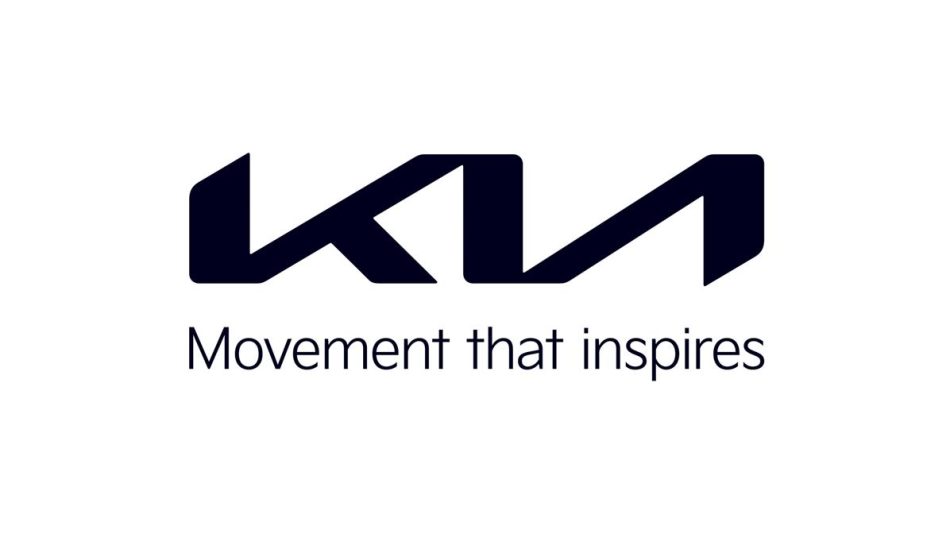Kia establishes multi−stakeholder partnership to drive circular economy in EV battery

Kia Corporation
- Kia and Korean stakeholders to foster circularity within EV battery ecosystem, promoting sustainable practices throughout the industry
- Groundbreaking public-private partnership to oversee all aspects of the EV battery value chain, from raw material extraction to recycling used batteries
Kia Corporation today signed a memorandum of understanding (MOU) to encourage a circular economy in the Electric Vehicle (EV) battery industry with Korean stakeholders. The key objective of the MOU is to create a sustainable value chain across the entire EV battery industry and initiate a pilot project through collaborative efforts.
The pilot project will be managed by Kia, overseeing the overall business and supplying used batteries. Other participants in the initiative include companies specializing in battery disassembly and raw material extraction, as well as the Korean government.
This MOU represents a groundbreaking endeavor, marking the groundbreaking public-private collaboration in South Korea to promote a sustainable EV battery ecosystem. It aims to forge a cooperative system across the entire industry, spanning from automaker and battery recycling companies to second-life battery material manufacturers and the local government.
Kia’s goal is to establish a circular ecosystem for EV batteries and enhance their residual value based on the results of the pilot project. Additionally, the company plans to take a leading role in the commercialization of Battery as a Service (BaaS) through initiatives such as battery subscription and battery remanufacturing services.


The collaboration is crucial to evaluate the economic feasibility of EV batteries as the number of electric vehicles continues to rise, leading to an accelerated accumulation of used batteries. The initiative is essential to verify the battery recycling process and utilize previously used batteries for optimum effect.
This comprehensive approach will collect detailed data at each stage of the value chain of EV batteries, from raw material extraction, subsequent battery production and installation in electric vehicles to recycling used batteries at the end of life. The empirical results obtained from the pilot project will be carefully analyzed and utilized to promote new business opportunities and ultimately contribute to the development of a robust industrial ecosystem.
To support the company’s strategic transition to a sustainable mobility solutions provider, Kia aims to develop a circular ecosystem for the EV battery industry on a global level, showcasing its commitment to the industry and society. Kia is committed to playing a significant role in promoting sustainable practices and advancing the used battery market.





